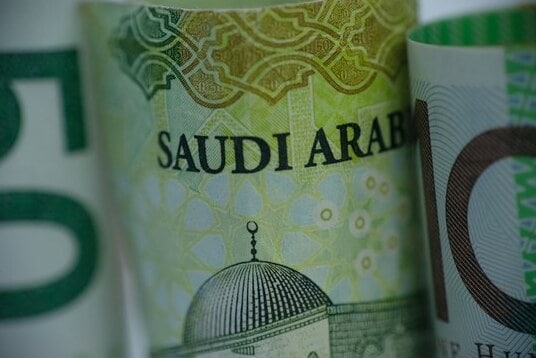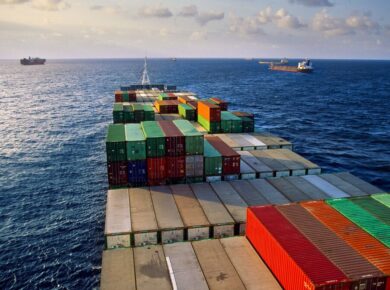According to GASTAT, inflation in Saudi Arabia eased to 2.7% in March.
Inflation in Saudi Arabia eased to 2.7% in March, according to data from the General Authority for Statistics (GASTAT). This represents a decrease from the previous month’s inflation rate of 3.0%.
The decline in inflation is likely to be welcome news for Saudi Arabia’s policymakers, who have been grappling with rising prices in recent months. Inflationary pressures have been driven by a number of factors, including higher taxes, rising fuel prices, and the introduction of a value-added tax (VAT) in 2018.
However, the latest data from GASTAT suggests that inflationary pressures may be starting to ease. The decrease in the inflation rate was driven by lower prices in a number of key categories, including food and beverage, transportation, and communication.
Food and beverage prices, which make up a significant portion of the consumer price index, fell by 0.6% in March, compared to the previous month. According to GASTAT this was driven by a decrease in prices for vegetables, fruit, and meat. Meanwhile, prices for transportation fell by 1.0%, due to lower prices for fuel and vehicle maintenance.
The decrease in inflation is likely to be welcomed by Saudi Arabia’s policymakers, who have been working to support economic growth in the face of a challenging global economic environment. The country’s economy has been hit hard by the COVID-19 pandemic, which has led to a sharp decline in oil prices and a slowdown in global trade. GASTAT reported that the Consumer Price Index (CPI) in Saudi Arabia fell by 0.2 percent on a year-on-year basis in November 2020, led by a drop in prices for food and non-alcoholic beverages, as well as transport services.
In response to these challenges, the Saudi Arabian government has implemented a number of measures to support economic growth, including a massive stimulus package and a series of structural reforms aimed at diversifying the economy away from its reliance on oil revenues.
The decline in inflation is likely to provide some relief to Saudi Arabian consumers, who have been struggling with rising prices in recent months. However, the country’s policymakers will need to remain vigilant in the coming months, as global economic conditions remain uncertain and the COVID-19 pandemic continues to pose a threat to economic activity.
Despite the challenges posed by the pandemic, Saudi Arabia’s economy is expected to rebound in the coming years, driven by a number of factors, including the implementation of structural reforms, the development of new industries, and the expansion of non-oil exports. GASTAT, the official statistics agency of Saudi Arabia, projects that real growth in Gross Domestic Product (GDP) will 3.4 percent by 2022. Additionally, the International Monetary Fund (IMF) forecasts a strong recovery for the country’s economy over the next few years, with an expected growth rate of about 3 percent by 2023.
The implementation of structural reforms is likely to play a key role in supporting economic growth in the coming years. The government has been working to reduce bureaucracy and increase transparency in the business environment, which is likely to make the country more attractive to foreign investors and support the growth of new industries.
In addition, the development of new industries, such as tourism and entertainment, is likely to play a significant role in driving economic growth in the coming years. The government has been investing heavily in the development of new tourism projects, such as the Red Sea Project and NEOM, which are designed to attract foreign investment and create new job opportunities.
Finally, the expansion of non-oil exports is also expected to play a key role in supporting economic growth in the coming years. The government has been working to promote the development of non-oil industries, such as manufacturing and technology, which are likely to create new job opportunities and support the growth of non-oil exports.
Overall, the decline in inflation in March is likely to be welcomed by Saudi Arabian policymakers and consumers alike. However, the country’s policymakers will need to remain vigilant in the coming months, as global economic conditions remain uncertain and the COVID-19 pandemic continues to pose a threat to economic activity. Therefore, it is important that the government takes proactive steps to ensure economic stability is maintained in the long-term. This could include introducing fiscal stimulus packages, such as tax cuts and subsidies for businesses, as well as reforming labour laws and deregulating certain sectors of the economy.





